Gianni Biagi and Ennio Nonni, INU – URBIT
The year 2022 is certainly to be regarded as the year that marks the new point of view on the subject of energy; the changing climate with serious repercussions on water resources and the ongoing war that repositions the way in which energy is supplied, place this issue at the apex of the challenges to be faced immediately, also with regard to the life of cities.
Less energy at higher costs, with uncertain prospects, sends cities suffering, as they lose economic competitiveness, planning and ultimately attractiveness.
The path undertaken over the last ten years, unevenly across geographical areas, characterised by CO2 reduction policies, incentives for renewables, energy improvements, has not had a significant impact; in order to achieve lasting and economically quantifiable results, it is probably necessary to go well beyond the paths and rules undertaken so far.
The perception of the risk of an energy deficit is spreading at all levels.
If today the need is to ensure the maintenance of established energy standards, within a few years it will be necessary to glimpse the goal of energy autonomy; in this case renewable sources must be decisive.
This thematic area is dedicated to hosting specific contributions on different aspects of energy, which then merge into the visible form of cities aiming to be climate neutral by 2030.
Opening a window on seemingly contradictory general themes means reconciling the issues of the landscape, the countryside, historic centres and conservation areas with the need to produce the energy necessary for the very life of cities.
2:00 p.m. hall entrance
2:30 p.m. start of proceedings
PROGRAMME
Introduced
Ennio Nonni, INU – URBIT
Part 1: “Energy, knowing what is needed and how much it costs
“The energy transition: necessary and increasingly urgent”.
Vincenzo Balzani, Professor emeritus Università degli studi di Bologna
“Current experiences of European cities towards energy neutrality”.
Giovanni Fini, Head of Comune di Cesena
“Regulatory evolution; bureaucratic brakes and new directions for renewables”
Sergio Andreis, Direttore Kyoto club
“Energy saving and green technologies for climate adaptation in urban areas”.
Alessandra Bonoli, Professor, Università degli studi di Bologna
“Energy Transition: Urban Laboratory in a Southern City”.
Guido Maurizio Urbani, ENEA, responsabile for Italy in Class A urban projects and Cosenza’s Urban Lab
“Energy transition paths for the sustainable cities of the future”.
Gian Carlo Magnoli, Managing Director Magnoli & Partners (Edison NEXT company)
Part 2: “Cities to the most important challenge, neutrality to 2030: how to do it?”
Lorenzo Pinna, Journalist co-author with Piero Angela of the book: “the challenge of the century”.
Anna Lisa Boni, Councillor Municipality of Bologna, ecological transition
Cecilia Del Re, Councillor, Municipality of Florence, Town Planning
Valerio Barberis, Town Councillor of Prato, Town Planning
Conclusions
Gianni Biagi, INU – URBIT
Italiano

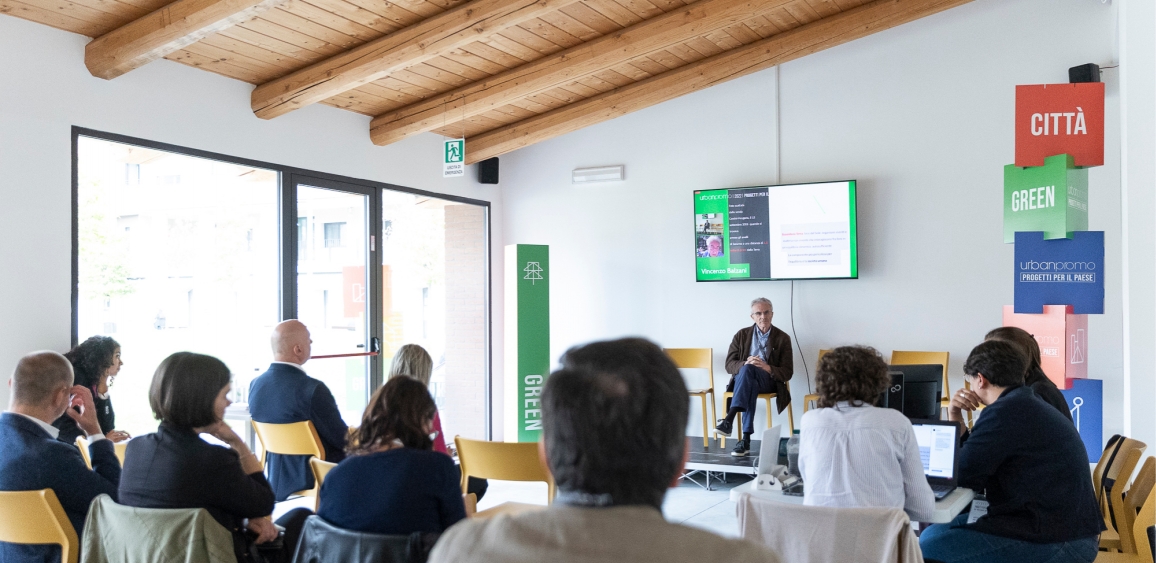
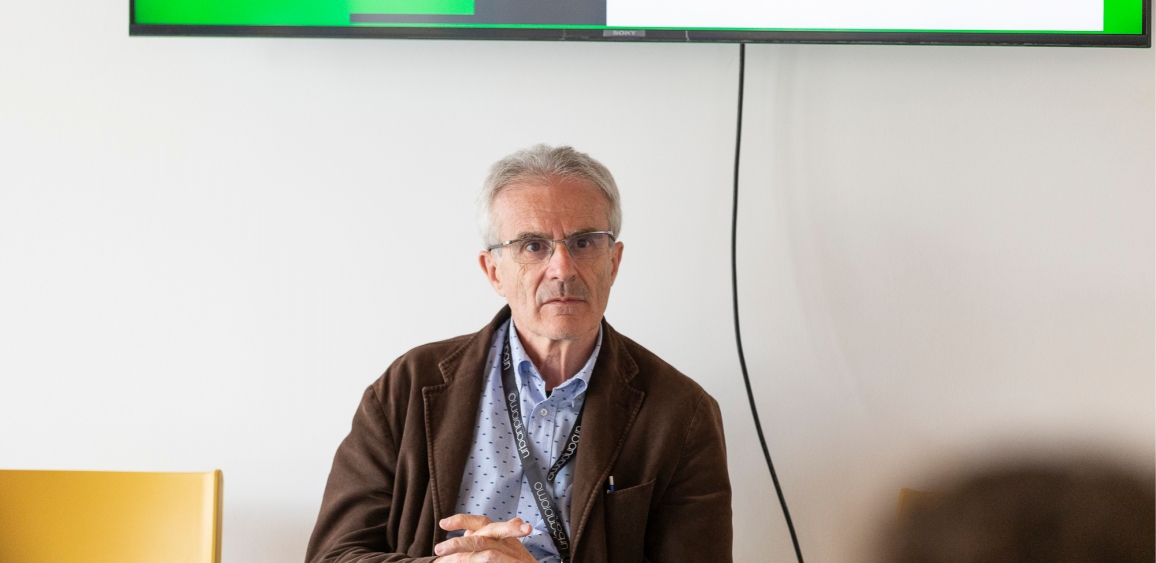
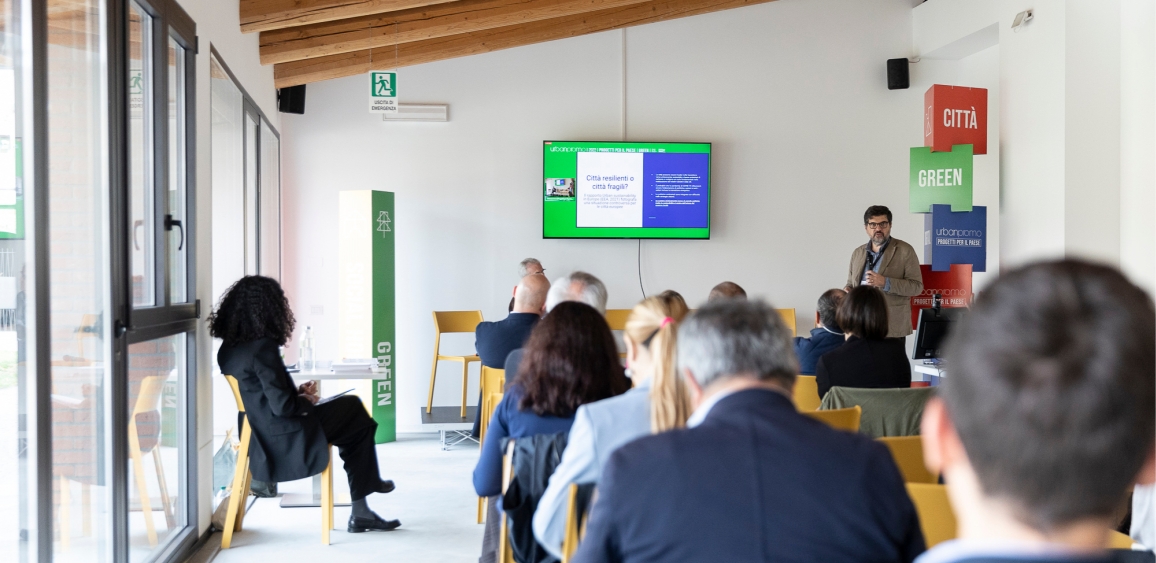
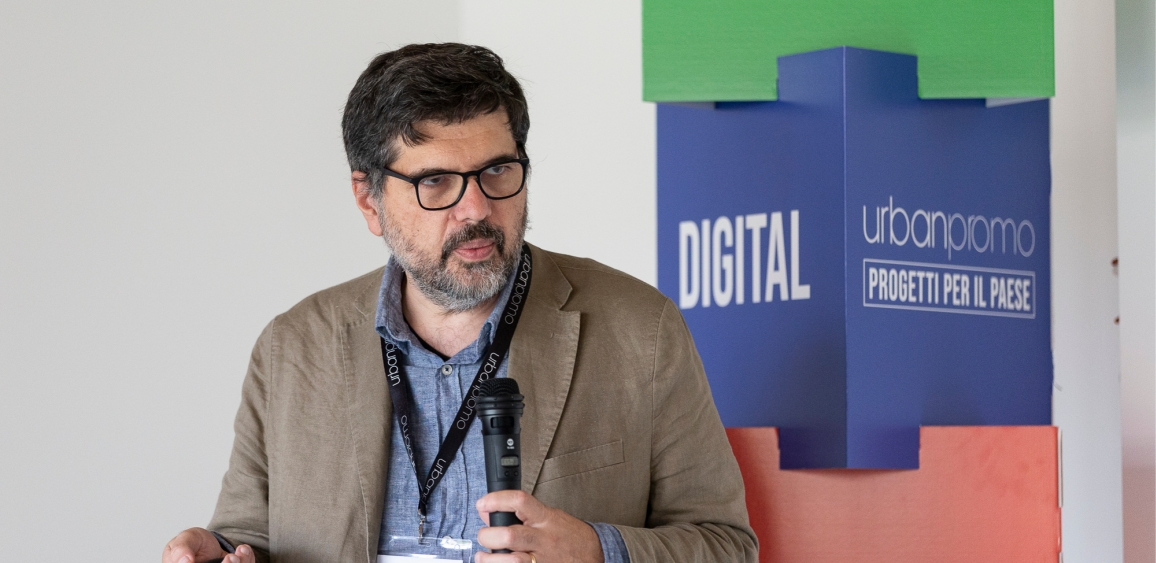
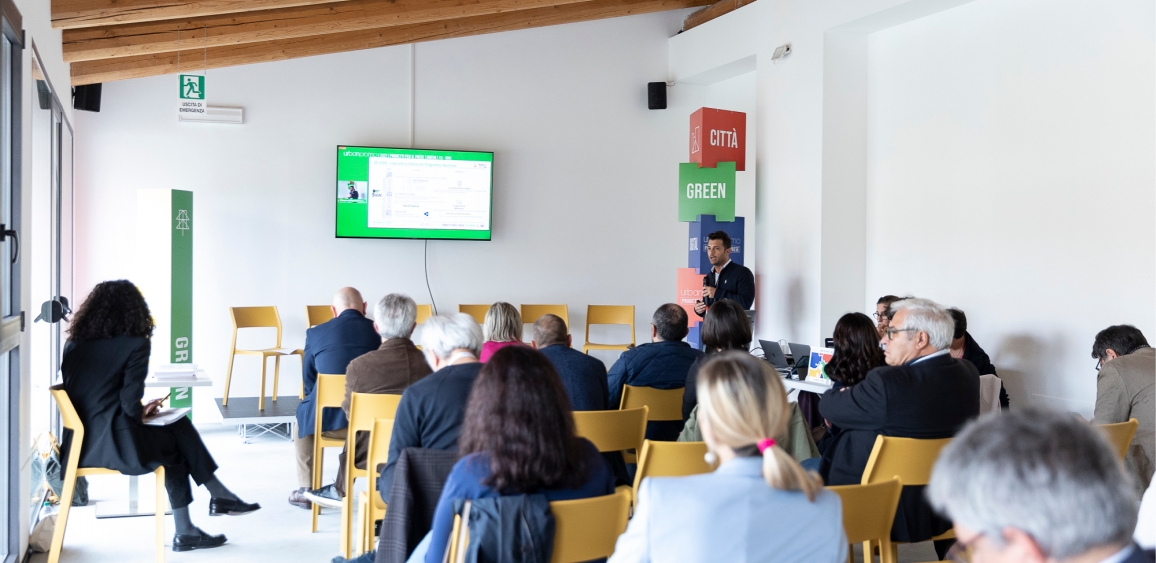
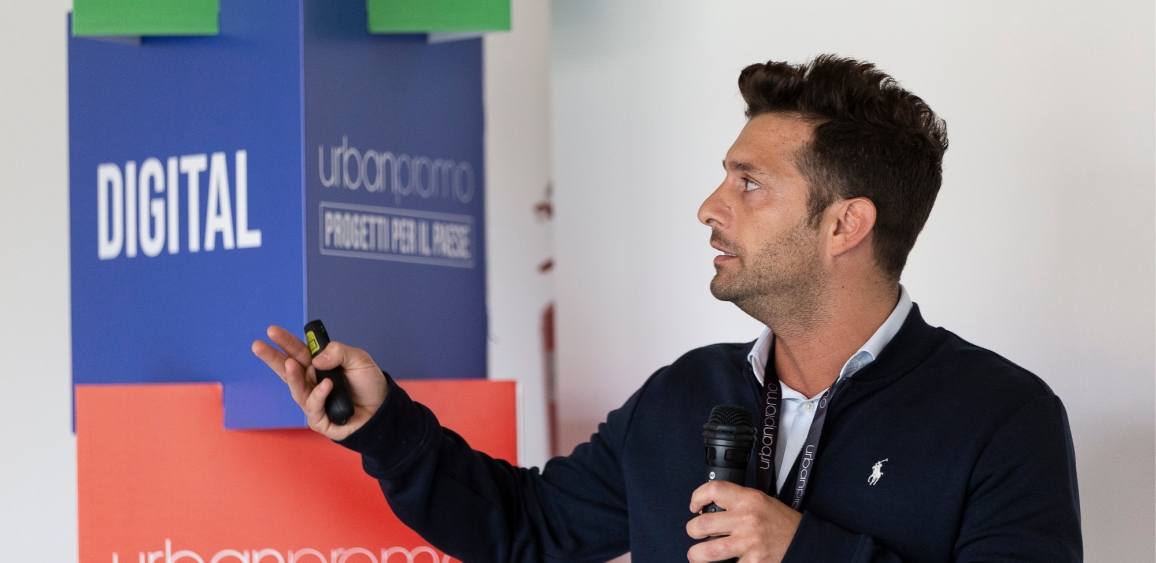
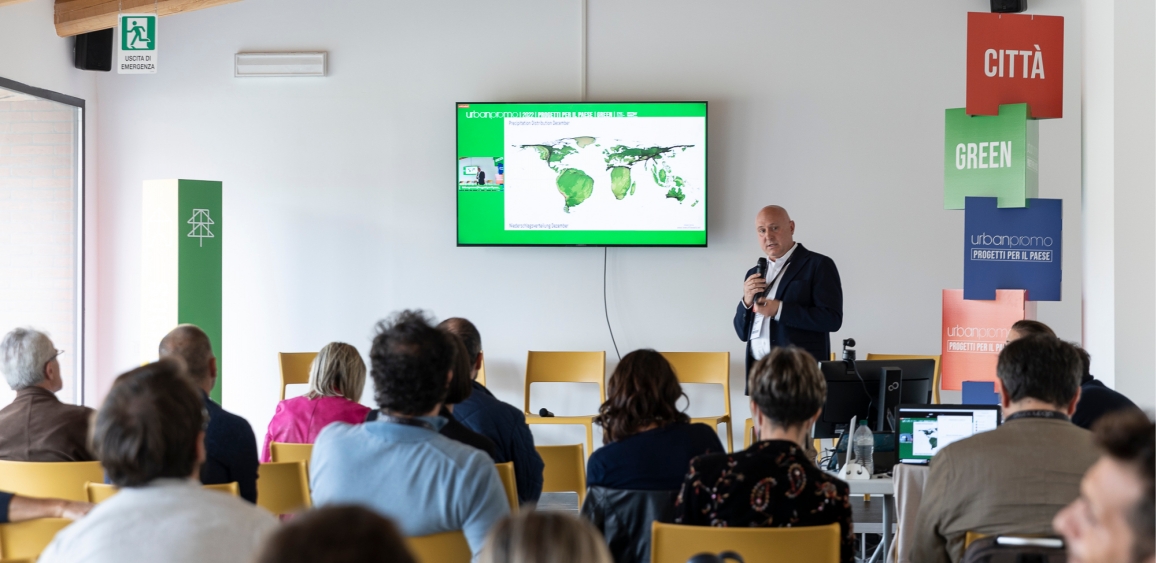

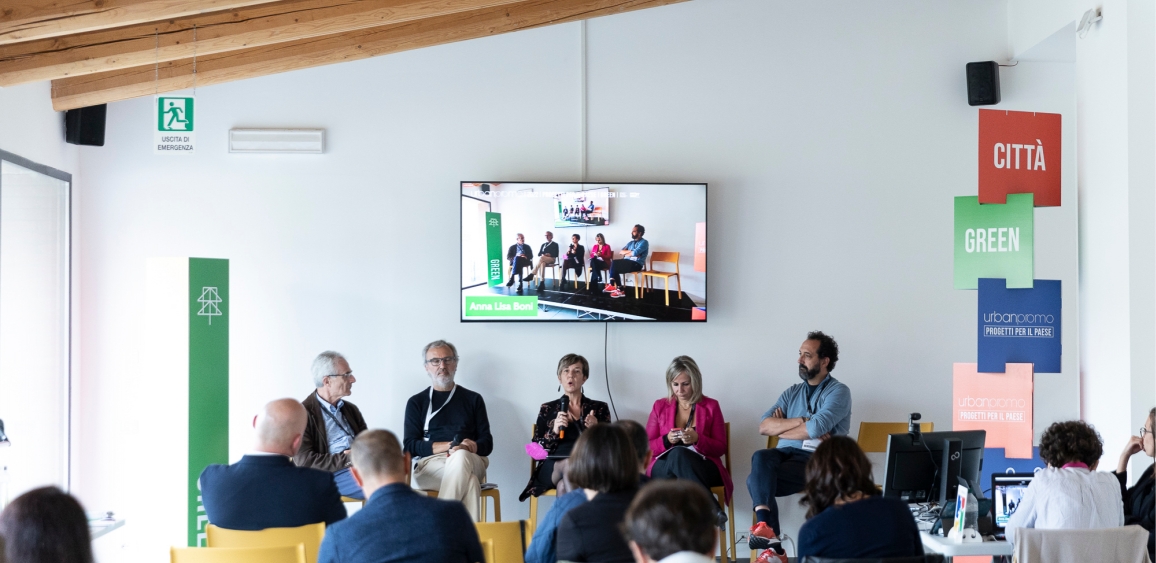
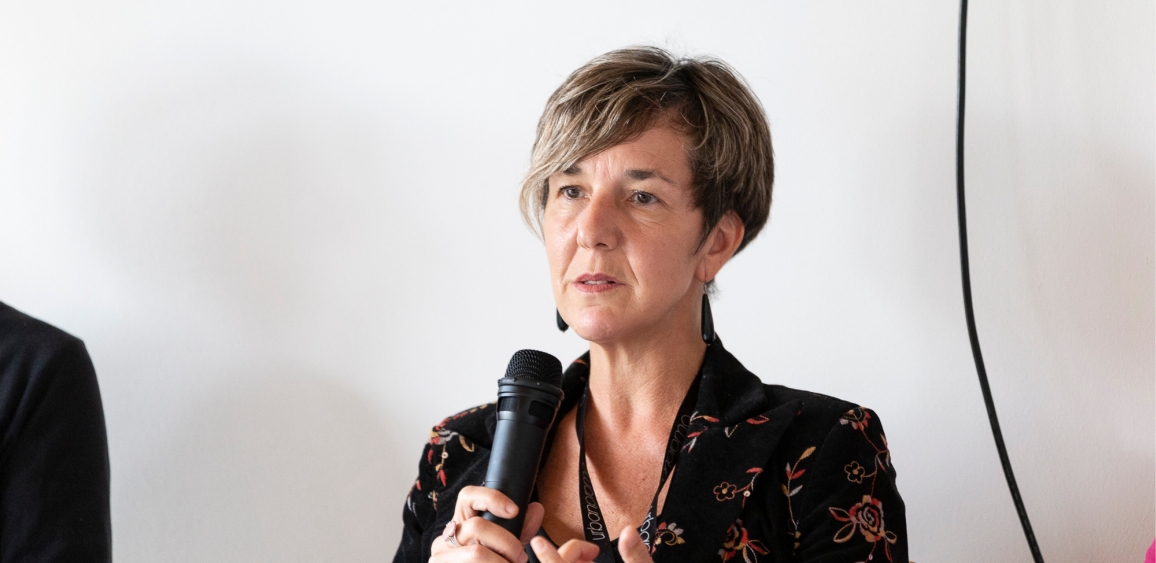
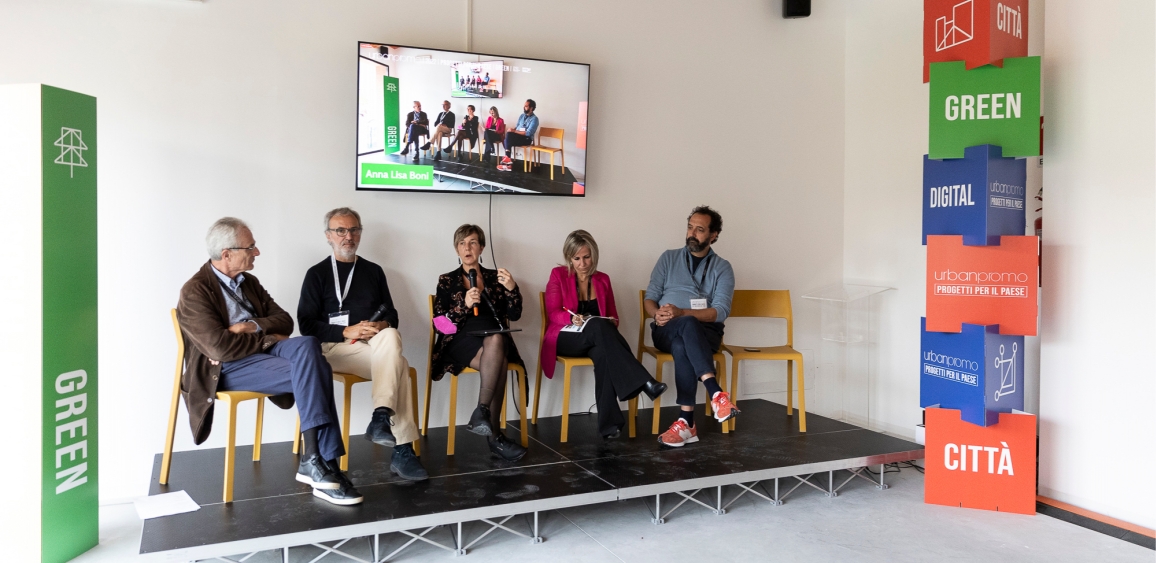
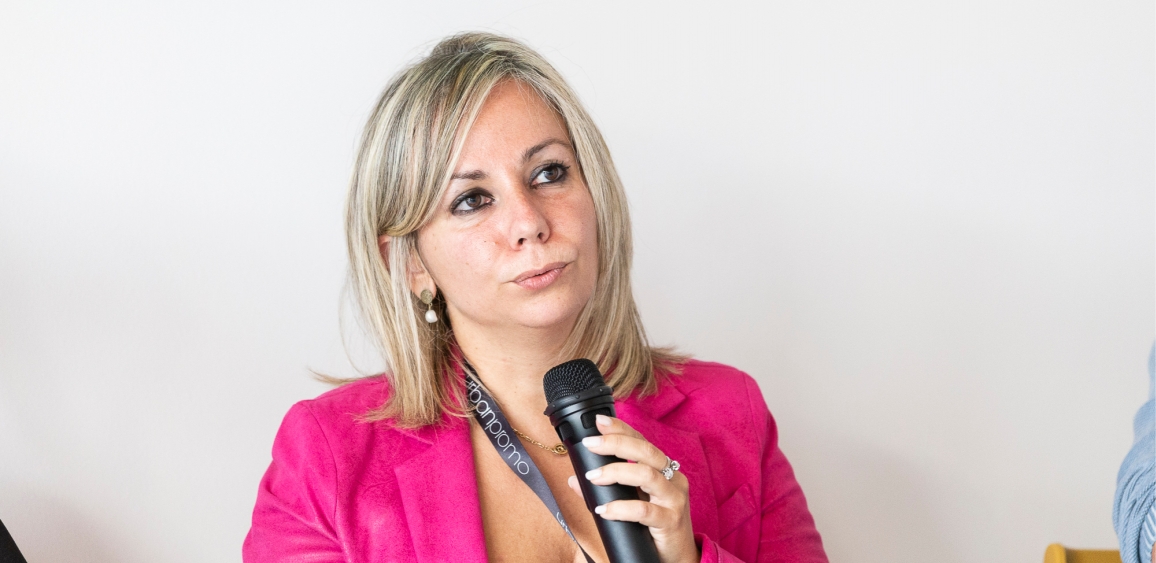
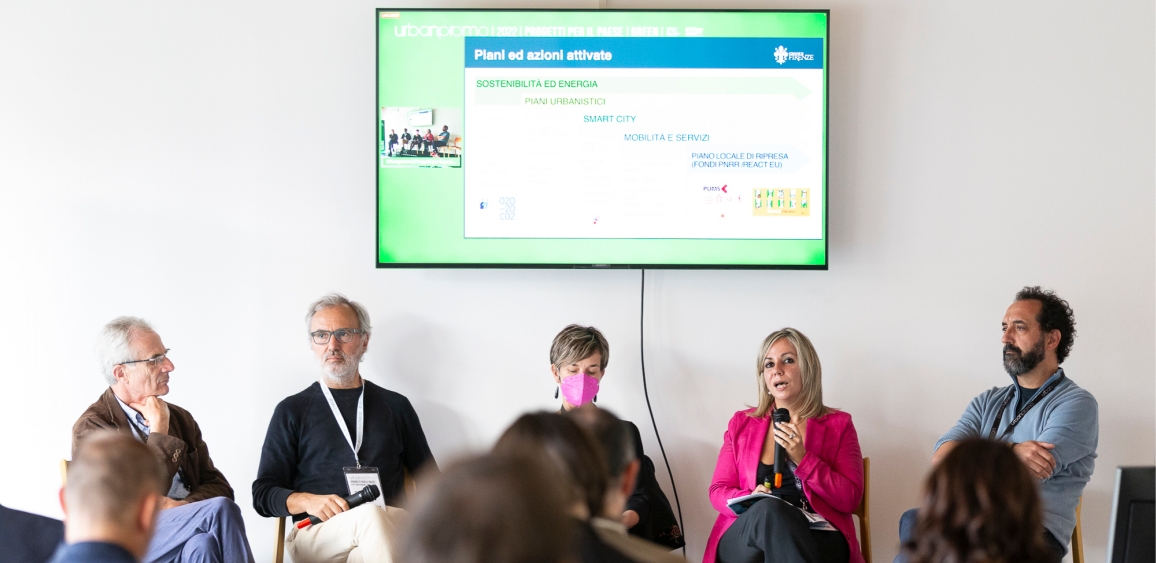
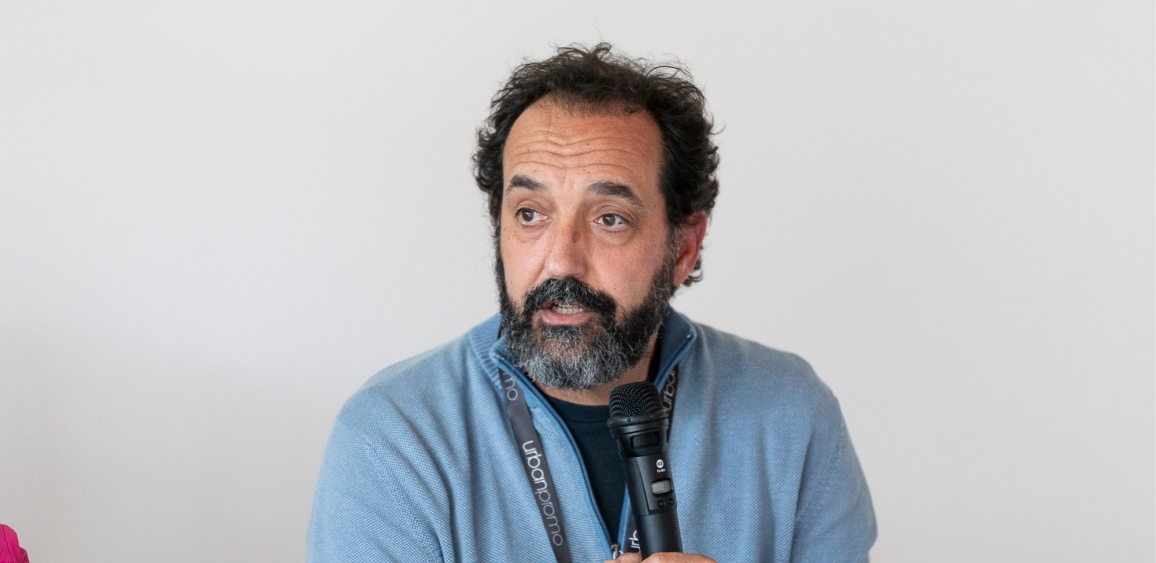
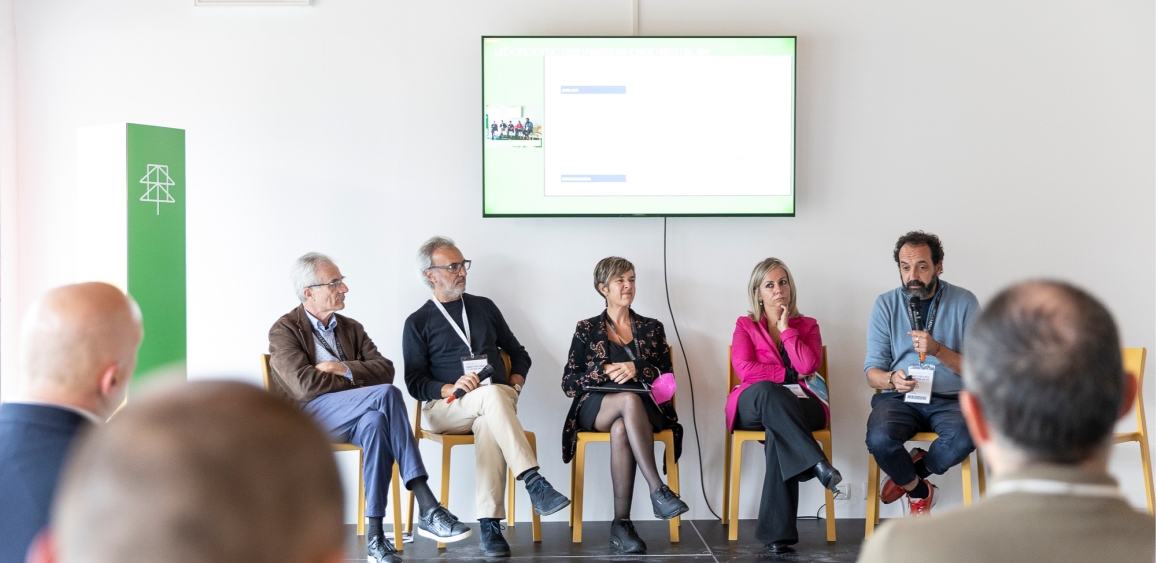
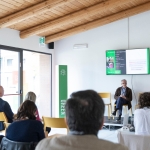
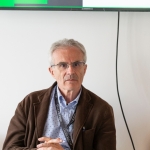
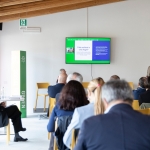
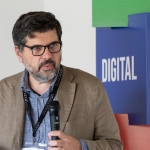
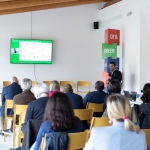
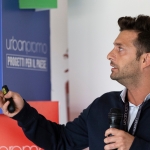
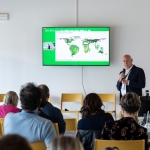

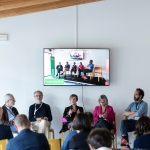

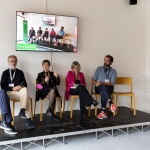

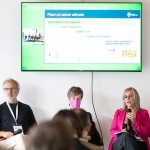
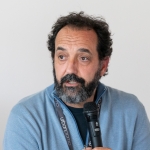
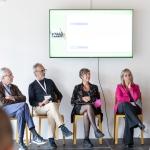
Contributions